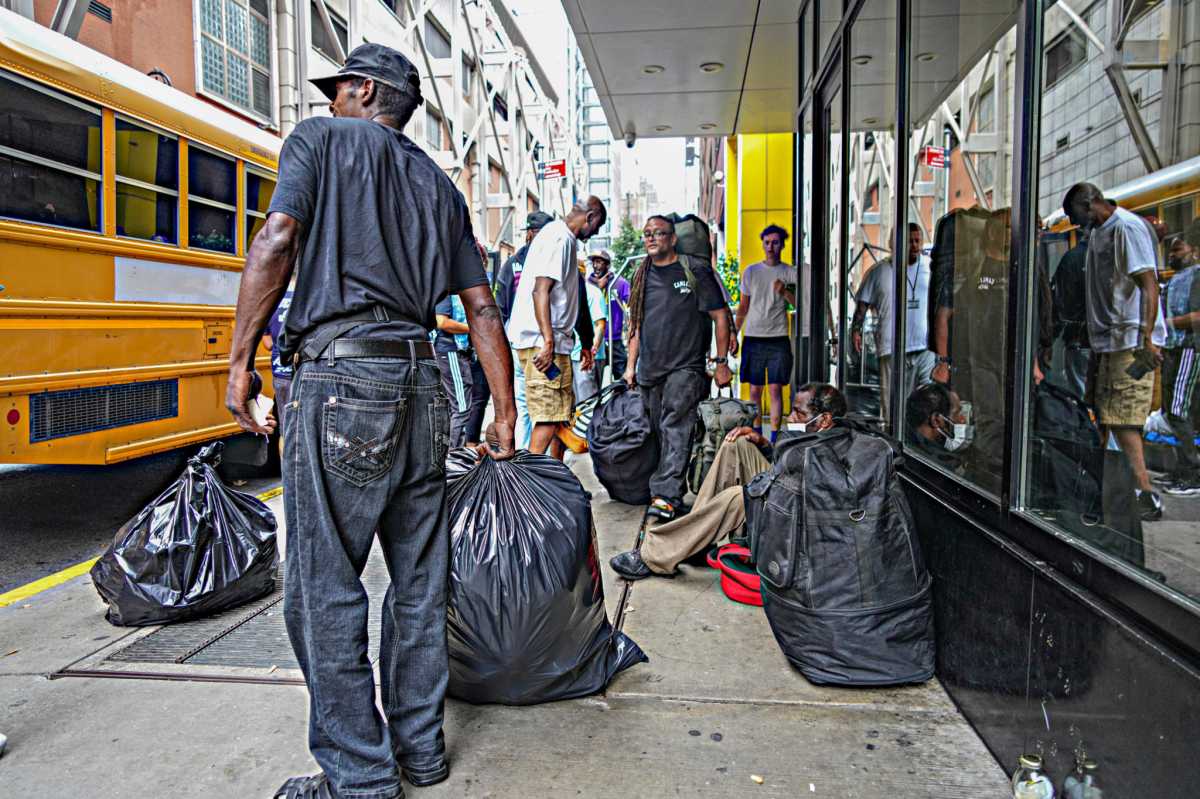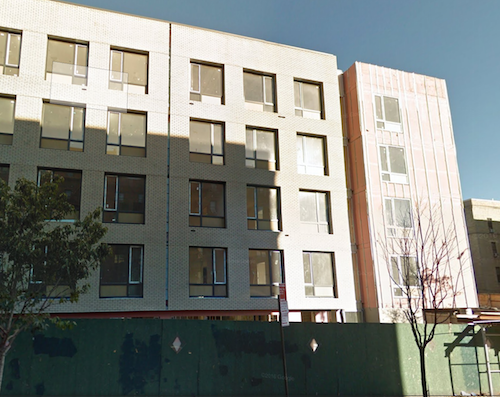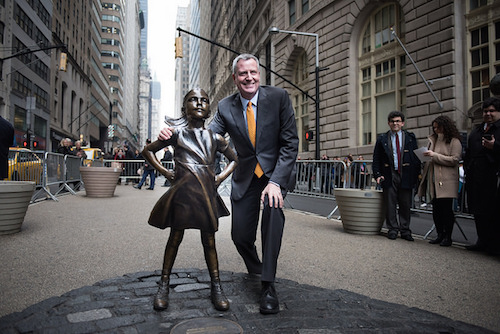The City’s Department of Homeless Services (DHS) said Monday, July 12 that they are cautiously proceeding to evict homeless people from hotels and put them in group shelters.
The agency’s statement comes after the Legal Aid Society on July 9 went to Federal court to put a halt to the City’s effort to move over 8,000 homeless from hotels back to group shelters, accusing the City of violating the rights of people with disabilities.
“As we phase out the temporary use of COVID-period commercial hotels, we and our not-for-profit provider partners are also working closely with clients to assess each individual’s unique needs and grant their Reasonable Accommodation (RA) requests, through a process agreed to in court, with hundreds of accommodations already granted as we work to meet those needs,” said DHS Spokesperson Ian Martin.
The legal battle stems from when the pandemic hit last year, the City moved homeless individuals into temporary housing in hotels. With the hotel industry floundering due to the pandemic, hotels had plenty of vacancies open. The move was made to help stop the spread of COVID-19 while also protecting the homeless who are often the most vulnerable of any population.
But the Legal Aid Society argued that DHS had given the approximately 650 shelter residents less than the legally required 48 hours notice that they had to leave the hotels. They also gave an example of one shelter resident who was moved from a hotel to a shelter that had no accessible shower or bathroom.
“The City’s rushed decision to arbitrarily move thousands of homeless New Yorkers from safe accommodations back to local, crowded shelters is both illegal and inhumane,” said Josh Goldfein, a staff attorney with the Legal Aid Society.
In the 2015 Class-action lawsuit Butler v. New York, it was ruled that people who have disabilities and can’t access dorm rooms in group shelters or face health risks would be able to apply for an exemption. This exemption would allow them to stay in a single or double room. If their needs were considered to be “apparent,” the City would have to help them apply and grant them the proper accommodation.
The Legal Aid Society used that decision as the basis for their argument in court to halt the transfers.
“The pandemic is not over, especially for our clients, many of whom have disabilities and medical conditions that place them at significant risk for severe complications or death should they contract the virus that causes COVID-19,” said Deborah B. Diamant, Director at the Coalition for the Homeless.
Advocates of the homeless have argued that sending the residents back into shelters at a time when the Delta variant is on the rise and vaccination numbers of the homeless is unknown could lead to more infections and place the homeless in danger.
But Martin insisted the health, safety, and wellbeing of the New Yorkers DHS serves as they get back on their feet is the City’s number one priority.
“That’s why we’re continuing our comprehensive COVID-19 testing and vaccination programs, making it as easy as possible for our clients to get tested and vaccinated by delivering these free, vital resources directly to clients where they are,” said Martin.
Council Member and Chair of the General Welfare Committee Stephen Levin (D-Brooklyn) could not be reached for comment.









